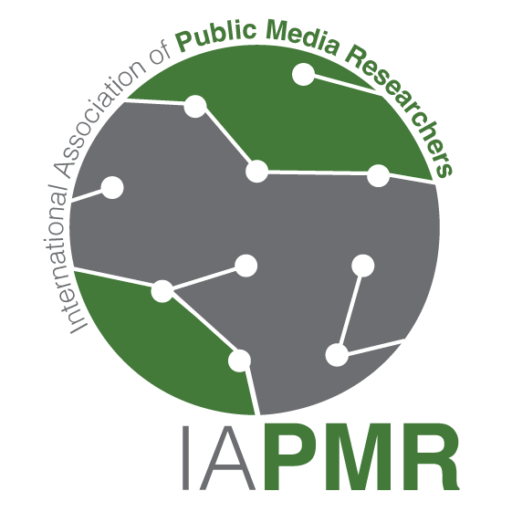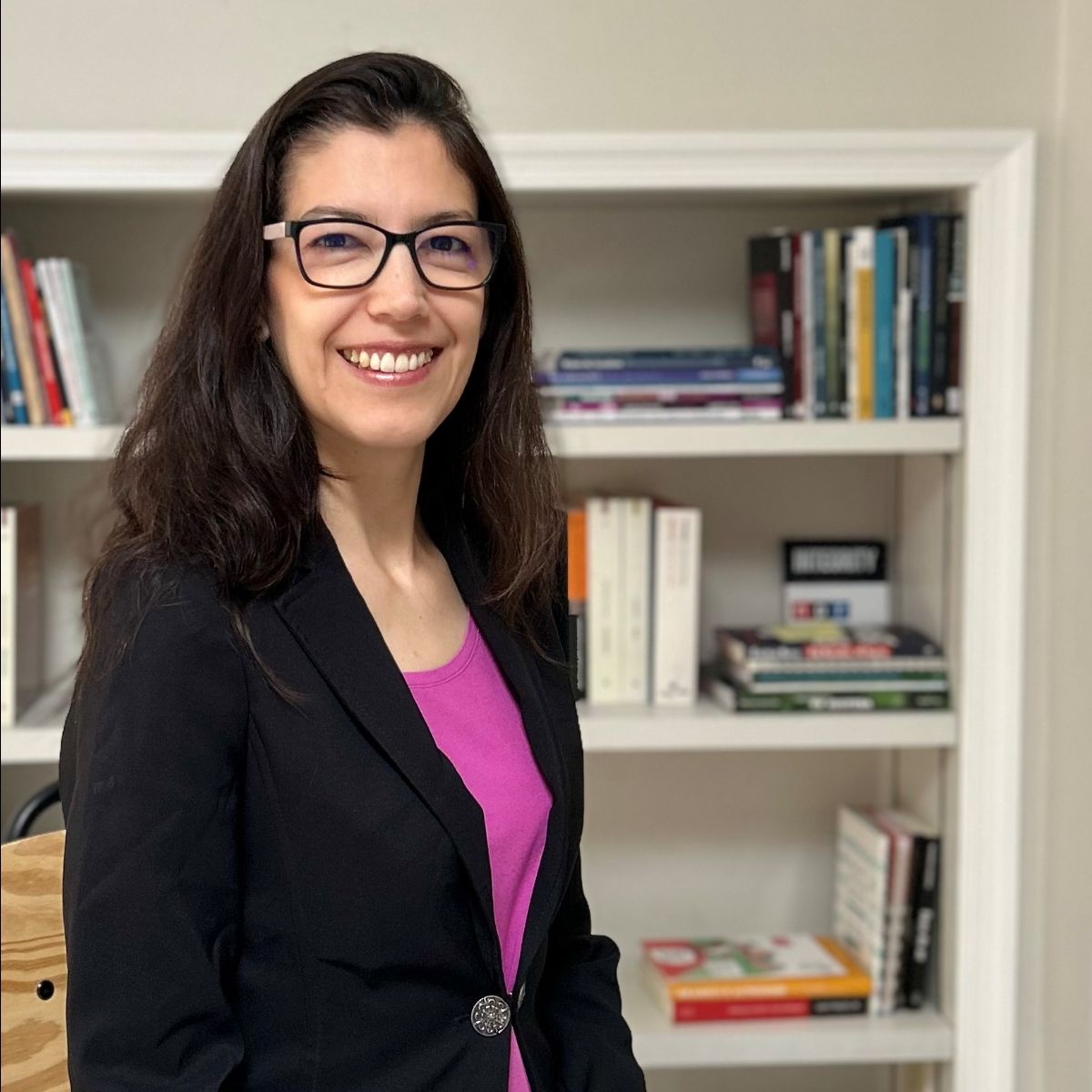Gislene Nogueira Lima is a PhD student in the Postgraduate Programme in Communication Sciences at the School of Communication and Arts at the University of São Paulo, Brazil. She has a degree in journalism from the Casper Líbero Foundation and a master’s degree in International Relations from the University of Brasília. Before joining academia, Gislene worked as a journalist for Empresa Brasil de Comunicação (EBC/TV Brasil), the Brazilian public outlet run by the federal government.
Can you tell us about your PhD project?
My Ph.D. project studies the regulatory frameworks for public broadcasters in democratic countries, such as the UK, Germany, the US, Portugal, Uruguay, Chile, and Mexico. The aim is to develop a proposal to format a possible legal framework for Brazilian public media. My research sheds light on the four characteristics of public broadcasters according to Brazilian author Eugênio Bucci (2015): (1) they are not controlled by the state or the government, (2) public funds supply their operations, (3) internal councils have autonomy to manage the public companies, and (4) public media outlets offer programming that indicates a high degree of editorial autonomy and critical stance. The central argument is that public broadcasters, maintained by the state but not controlled by it, need regulatory guidelines that protect these four attributes in order to fulfil the public function of ensuring the citizens’ right to information, the basis for the proper functioning of a democracy. Using material from my PhD research, I also produce a podcast about international public service media for Radio USP, the public radio outlet owned by the University of São Paulo.
What motivated your research?
I worked for 11 years at TV Brasil, where I produced and presented breaking news bulletins, special reports, and feature stories, mainly on politics, economics, and international affairs. I left the company in 2018 to focus my efforts on a PhD degree. The main reason that motivated my decision to research PSM was to see in practice while working at TV Brasil how public media can contribute to the exercise of democracy; discussing relevant issues and giving space to different points of view, raising issues that might be silenced or overlooked by private media outlets. Brazil has a large and profitable commercial television system that captures a significant part of the market share of the audience. I believe that PSM can provide in-depth news and enrich public opinion with diverse programs because it does not have to deal directly with the pressure of having to attract an audience that could translate into more advertisements and higher profits.
How can your research contribute to the study of Public Service Media?
I expect that my research will provide knowledge to improve the Brazilian legal framework for public media, based on the most common and sustainable regulatory frameworks designed in democratic countries. Brazil has 19 regional public TV channels besides the federal TV Brasil. Most of them are heavily dependent on state funding and their governance is subordinated to the government structure. As a result, governors appoint the directors and some staff of these institutions, which leads to political influence on editorial decisions. Eugênio Bucci, a former head of EBC who is now Full Professor at the University of São Paulo (USP) and my doctoral supervisor, states that the journalism of Brazilian public broadcasters has been put at the service of the vanity of those in power. I hope that my efforts can help to strengthen Brazilian PSM at a time when we are facing many of the common contemporary problems that we see worldwide, such as the spread of fake news or the shrinking number of reliable sources available as local newsrooms struggle to stay alive and even major outlets reduce their staff.
What are the main challenges you are facing in your research? Is any of them related to being a young scholar?
The main challenges that my colleagues and I face relate to the lack of resources for academia. In Brazil, the main source of funding for research comes from the government. Unfortunately, scholars have faced a cutback in those resources during the last few years, considering the pressure on governments to reduce investments in line with neoliberal guidelines. The situation was even worse during Jair Bolsonaro’s presidency, when there were cuts in education funding, and we also saw attacks on scientific knowledge during the COVID-19 pandemic. Since President Luiz Inácio Lula da Silva took office, the situation has improved, but is still far away from the ideal. Scholarships are usually low, considering the time we should dedicate to research. Many young scholars decide to work for private companies while enrolled in a Ph.D. course, resulting in stress caused by overtime work. Fortunately, I receive a scholarship from the federal agency Coordenação de Aperfeiçoamento de Pessoal de Nível Superior (CAPES), so I can dedicate my time to doing research.
Is there any (emerging or senior) scholar that has particularly impacted your work in any way? Who and why?
Toby Mendel, Eric Barendt, Eugênio Bucci, and Karen Donders are essential to my research on PSM. In addition, my work has also been influenced by scholars from the South who can provide a broad perspective on topics such as economics and culture. Celso Furtado, Fernando Henrique Cardoso, and Octávio Ianni are among the most prominent authors from Brazil. From Latin America, names like Néstor García Canclini, Jesús-Martin Barbero, and Enzo Faleto are also part of my research path. Reading authors from different origins and backgrounds allows my work to avoid the error of simply replicating solutions from the North, when the conditions, culture, and history in the South are different. Researching PSM and proposing an improvement of the legislation framework for Brazil requires a specific lens to look at modern democracies and figure out which best legislative practices can effectively advance PSM regulation here, while respecting our history and cultural characteristics.

